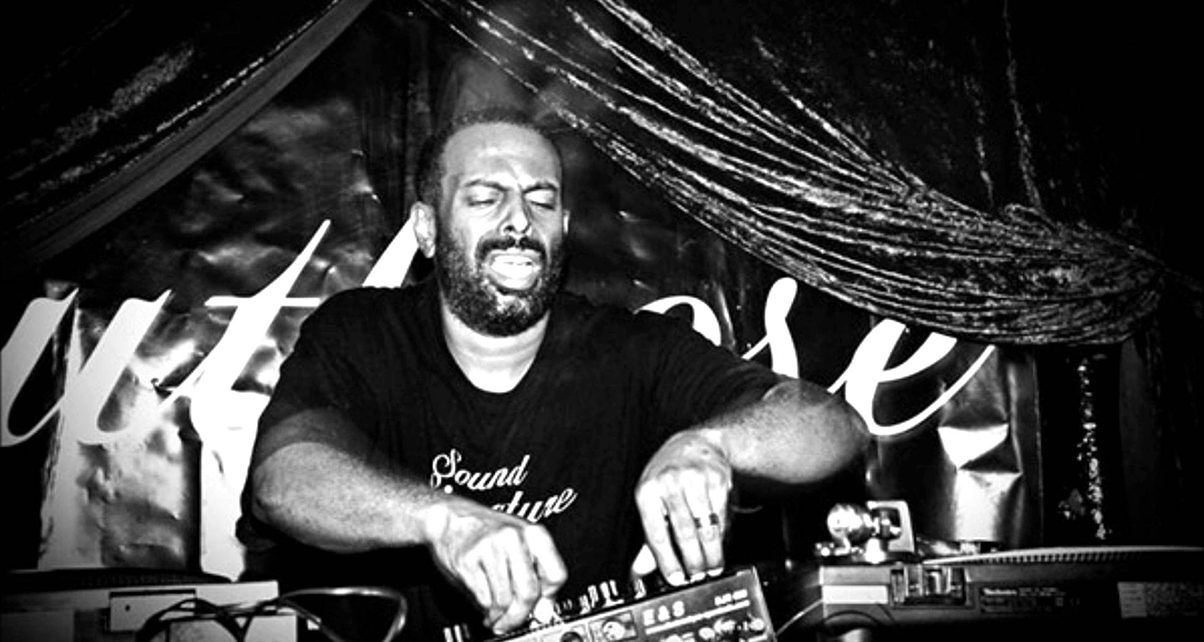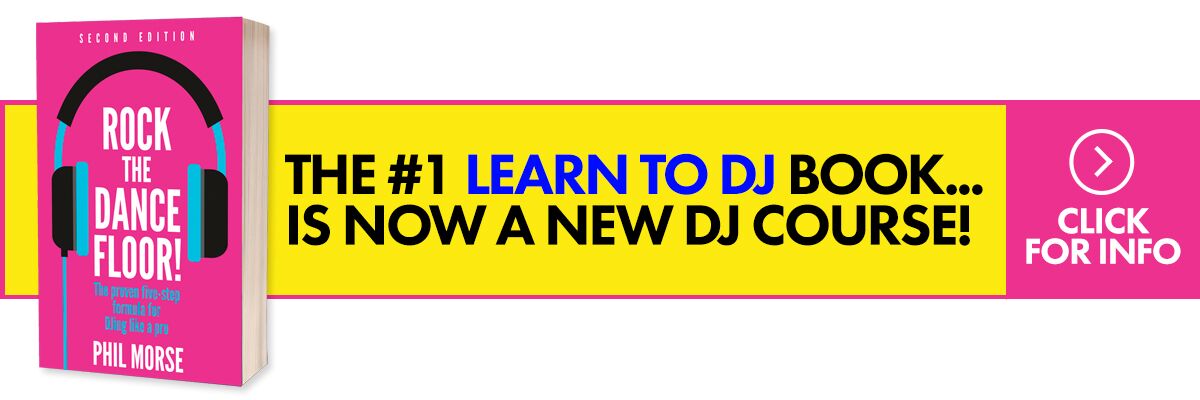There’s an interesting interview with Theo Parrish on the Scion Audio Visual website, where he eloquently explains why he’s continued to play on vinyl instead of embracing laptop DJing. He describes how, in his view, there’s no way any laptop DJ can compete with “a guy who’s been playing for years and knows his records,” arguing that such a a DJ would “burn you every time.” Kind of writes off digital DJing as a waste of time, doesn’t it?
The video
First things first. I’d like you to watch the interview (it’s only a few minutes long), and then come back to this page. (Note that you may have to turn off the host site’s radio station by clicking the pause/play button top right before watching the video.)
Click the video to view it on the original site:
OK. Here at Digital DJ Tips, our manifesto is simple, and it’s stated clearly at the top of this page: “How to DJ properly with portable digital DJ gear”. The key is in that word: “Properly”.
You see, as a DJ of 25 years, I found myself nodding vigorously at much of what Theo said, while ultimately disagreeing with his conclusions.
Why Theo Parrish is wrong
Theo’s attitude is a good example of that you will come across from some vinyl DJs. He speaks of “tradition” and it is clear that he is also a passionate lover of music. He argues his case well, and is an engaging guy. But he’s wrong. Here’s why:
1. Theo thinks that the designers of digital DJ software have missed an important part of what it means to be a DJ
What, by allowing you to have as many records as you want in your “crate”? It’s up to you how many tunes you constrain yourself to in your collection and in your DJ sets.
He’s absolutely right that you HAVE to know your records well, and you HAVE to have a philosophy behind what you’re doing. Plus, practise does indeed make perfect.
But once you have that, you control the software – not the other way around!
It’s ridiculously easy to have playlist and setlists in digital DJing, and to tag your music so you have a collection of tunes you choose to know well and “take” with you to your gigs. Easy, easy, easy. We talked about it here: Why Packing a Good Box of Tunes is More Important Than Ever.
2. Theo thinks that you need to spend 5 years practising fitting things together, then the next 10 years practising programming music
He’s right in that you need to know how to weave records into each other, and you also need both good musical knowledge and, crucially, the ability to fit that music together to say something.
With digital, you make the transitions in a different way, and some things take a second that used to take 6 months to learn – great, I say! You still have to learn to make your transitions sound good, whatever kit you’re using. And as far as programming goes, you can spend a lifetime learning to programme music correctly. But you can play it on cassette decks, on iPods, on vinyl, on CD, and yes, on digital, and still curate a fantastic night.
The argument breaks down when you try and say that vinyl is intrinsically more suited to programming a great night’s music than any other medium, or that you can’t get to the point of being an expert in it via a digital route.
3. Theo thinks there’s no performance in laptop performances
Personalities magnetise crowds, equipment doesn’t. You can be boring behind any set-up, and equally you can be engaging and exciting.
If you’re passionate about the music, you can’t help but dance, you feel that music is a language and it’s the best way you can express yourself, if you’ve immersed yourself in club culture, had dancefloor epiphanies, listened to and learned from the greats – if you’ve done all of these things, it is totally wrong to tell you that because you aren’t using vinyl, you can’t put in an exiciting performance.
Performing is about interaction with the crowd, programming (absolutely, Theo, agree) and engagement. It is about feeling at one with the dancefloor you’re DJing to. If you can master your kit and your music so it can take you and your crowd on a journey together, you can play on anything you want.
Don’t let vinyl jocks tell you otherwise. It’s all DJing. And yes, it will still take you years to perfect it. And it’s still there to be learned, for you just like it was for Theo.
4. Jimi Hendrix wasn’t a DJ
Just sayin’. 😉
Why you should try to ignore this attitude
Theo Parrish is a passionate DJ who has earned the right to his view – he has nothing to prove. It is, moreover, a view shared by many vinyl DJs. You need to respect these guys: They know what they’re doing with the tools they’ve got.
But that’s just the point: There are more tools now. The cat’s out of the bag. As Abraham Maslow said: “If you only have a hammer, you tend to see every problem as a nail.”
You’ve got a full toolkit! And as a new DJ you don’t have to think you are inferior in any way to the vinyl DJs just because they have “tradition” on their side. Remember, there is nothing intrinsically better about vinyl.
You can benefit from all the plusses of digital DJing while still showing due respect to those who have come before you.
What’s important as ever is to realise that the skills are mainly musical, not technological. More than anything, you have to know your tunes, engage with your crowds, and remember that yes, what you’re doing IS a performance.
If you can do all these things, there’s no reason why as a digital DJ you can’t help take this club culture game we love so much to higher, more exciting levels over the coming years. Here at Digital DJ Tips we’re right behind you!
What do you think of the points Theo makes in his video? Are you a vinyl DJ who agrees with him? Or do you think it’s an outdated attitude? Let us know in the comments.


